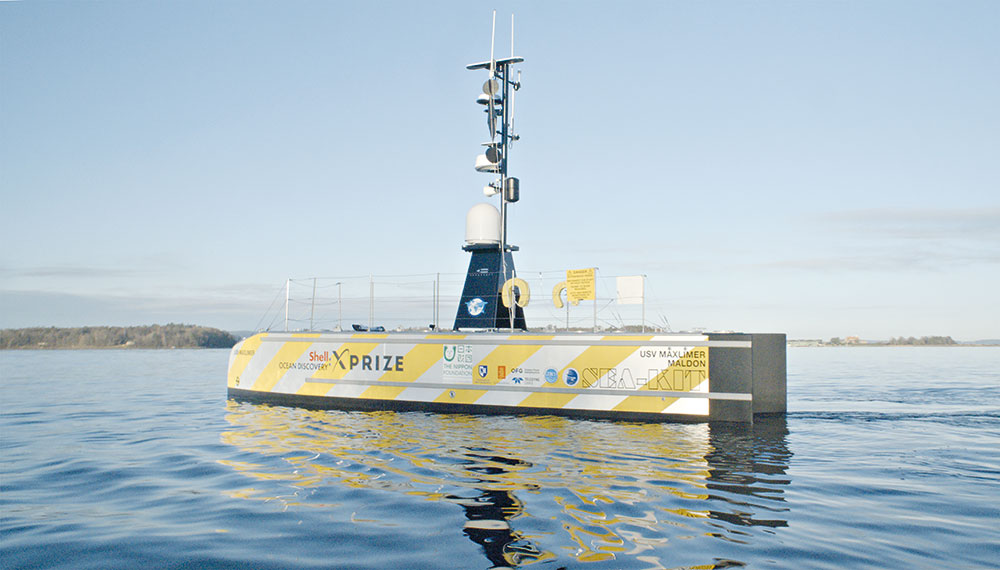The UK will continue to be at the forefront of shipping innovation as the Maritime and Coastguard Agency builds on the success of a million-pound project, MARLab, which has now concluded.
Three organisations – the Maritime and Coastguard Agency, the Department for Transport and the National Oceanography Centre – worked together to secure funding from the Department for Business, Energy and Industrial Strategy to create the Maritime Autonomy Regulation Lab (MARLab).
The project began two years ago when it was clear that the smart and autonomous shipping industries were developing faster than the regulation could keep up with. The danger of stifling innovation because the rules could not allow for it was huge.
This supports the delivery of the vision set out in Maritime 2050, the government’s strategy for the maritime sector, for the UK to be a global leader in maritime technology.
During the past couple of years MARLab has shown its support for the operation of remotely operated vessels, under 24m long, by establishing ways in which to allow their testing and operation. Its successes have firmly placed the UK as a world-leader in this area.
MARLab has linked government departments, industry, academic establishments and key individuals from the world of autonomous shipping meaning the MCA has been able to support some ground-breaking projects.
Last year SEA-KIT International sailed a remotely operated cargo vessel from West Mersea to Ostend. This cargo run allowed the MCA to see how an autonomous vessel would perform in what is one of the busiest shipping lanes in the world.
Another project, the Mayflower by MSUBS, is an attempt to recreate the original voyage of the Mayflower across the Atlantic Ocean 400 years ago using cutting-edge technology. There is also SEA-KIT’s remotely-operated unmanned surface vessel Maxlimer, which mapped more than 1,000sq km of ocean floor. This demonstrated the capabilities of current technologies to survey ocean frontiers at lower cost and with reduced impact on the environment.
The MCA and MARLab have been vital in moving this programme forward and providing a flexible framework to safely test this state-of-the-art technology. Although the MARLab project has now concluded, its work will be carried on by the MCA and its Maritime Future Technologies Team.
This will continue to support the industry through trials and projects, support regulatory updates, drive forward innovative technology in emission reduction and autonomy and will continue to work collaboratively with industry and academia.
Dr Katrina Kemp, joint-lead of MARLab, said: “The Maritime Future Technologies team will now work towards a long-term plan for the regulation of autonomous vessels. By looking at the regulation of these vessels, the MCA is playing a vital role in making these futuristic ships a reality, while ensuring that the sea remains safe for all.”
















